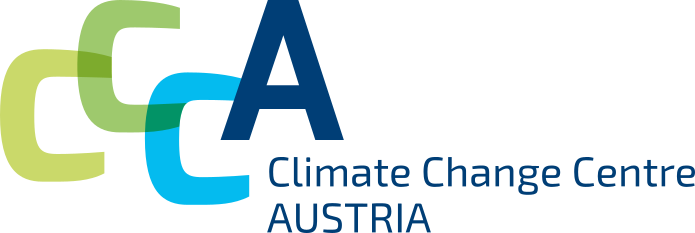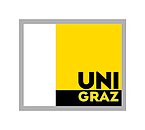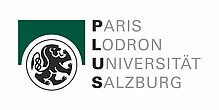Together with its 26 full and 3 supporting members, the Climate Change Center Austria forms Austria's most comprehensive network in climate and climate impact research. In the series "Members introduce themselves", experts from the member institutions provide insights into their everyday work and talk about their very personal visions in the fight against climate change.
Members introduce themselves
BOKU University
With projects such as ClimLaw at the University of Graz or the ClimateProtectionLaw working group at the CCCA, the synthesis of climate and legal issues in Austria has been decisively advanced by Eva Schulev-Steindl. The current Rector of BOKU University considers a common language to be a basic prerequisite for good interdisciplinary science and emphasizes the need for new channels for climate science to share its messages with people. Her answers to other interesting questions can be found in the member introduction!
GeoSphere Austria
Since 1 January 2023, the Central Institute for Meteorology and Geodynamics (ZAMG) and the Geological Survey of Austria (GBA) have pooled their expertise in the newly founded GeoSphere Austria, Austria's Federal Institute for Geology, Geophysics, Meteorology and Climatology, which has been headed by Dr. Andreas Schaffhauser as Scientific Director General since July 2023. In this interview, he tells us about the biggest challenges of his diverse work and the most important levers in the fight against the climate crisis over the next 5 years!
University of Graz
As a general university, the University of Graz sees itself as an international educational and research institution with a mandate for socially relevant and socially beneficial research and teaching. Holger Hoff, Transdisciplinary Interface Manager in the Department of Climate, Environment and Sustainability, Transdisciplinarity at the Wegener Center for Climate and Global Change, answers the questions of our employee Laurenz Roither for the member presentation, gives insights into his field of activity and explains what he sees as good cooperation in the joint fight against climate change. Read the interview!
IIASA
The Director of the Energy, Climate and Environment (ECE) Program Keywan Riahi from the International Institute for Applied Systems Analysis, IIASA for short, tells us why system change is necessary and why climate communication has one of the most important roles to play. His areas of expertise are energy, climate protection/mitigation, modeling and interfaces. Find out more about his work and views in the interview!
University of Leoben
In an exciting interview, Holger Ott, Head of Reservoir Engineering and Department PE at the University of Leoben, tells us what fossil fuels can contribute to climate protection and what he believes will be the biggest challenges in the coming years.
Paris Lodron University of Salzburg
The Vice Rector for Research and Sustainability at PLUS, Nicola Hüsing, provides insights into the sustainability strategy for PLUS and how her department in chemistry in particular can be used to produce new materials using sustainable synthesis methods, for example to store or save energy. In addition to the CCCA's excellent network, membership of the Alliance of Sustainable Universities in Austria also plays an important role for her. Read about her thoughts on the biggest challenges in the member presentation!
TU Vienna
Mariette Vreugdenhil is a Senior Scientist at the Vienna University of Technology and an expert in the field of remote sensing, a field of research in which many exciting new findings and applications have emerged from Austria in recent years. Her research focuses on very specific processes in the climate system, which, however, have direct and serious effects on human systems at a local and global level. Mariette Vreugdenhil reveals how inter- and transdisciplinary cooperation can be improved in the t3://file?uid=11558CCCA member presentation!
WIFO Austrian Institute of Economic Research
Since October 1, 2021, the university professor of the Vienna University of Economics and Business (WU) Gabriel Felbermayr has been Director of the Austrian Institute of Economic Research WIFO. In his field of expertise, he deals with international trade theory and policy, labor market research, European economic integration and environmental economics. You can read his answers to questions about the bridging function between economic research and its political application as well as social mechanisms that are necessary for a sustainable future in the CCCA member presentation!






![[Translate to English:] Logo der Technischen Universität Wien](/fileadmin/_processed_/a/6/csm_TU_Logo_25afd64070.jpg)
